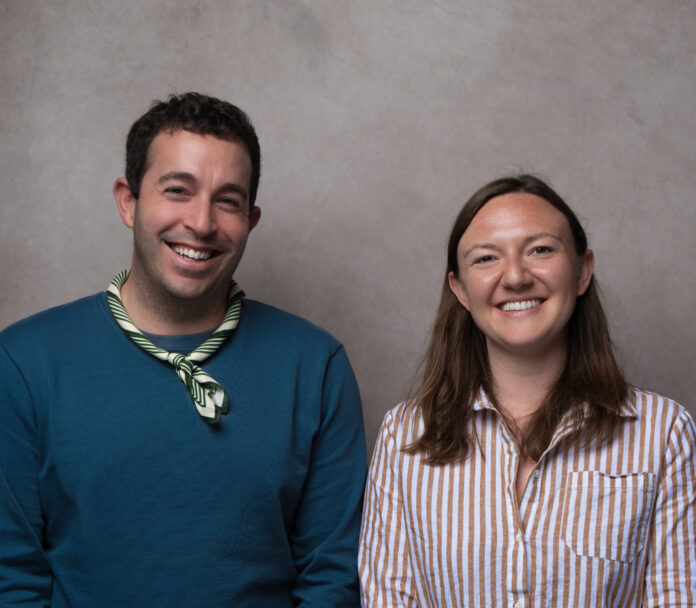CAMBRIDGE, Mass. — Parallel Bio, a biotech firm focused on replacing animal models with human-based drug discovery, has secured $21 million in Series A funding to expand its AI-powered immune system platform. The round was led by AIX Ventures and included high-profile investors such as Salesforce CEO Marc Benioff and venture firms Amplo, Metaplanet, and Humba Ventures.
The funding will help scale Parallel Bio’s proprietary platform, which uses lymph-node organoids—miniature, lab-grown versions of human immune systems—paired with artificial intelligence and robotics to predict drug efficacy and safety in humans. The company plans to grow its scientific and engineering teams and deepen collaborations with pharmaceutical firms.
Parallel Bio has already signed eight pharma partners, including three Fortune 500 companies, which are using the platform to test over 50 drug candidates. One of those partners, Centivax, recently completed the first preclinical trial using the organoid system to validate its universal flu vaccine candidate, Centi-Flu.
“This marks a turning point in how we approach drug discovery,” said Parallel Bio CEO and co-founder Robert DiFazio. “By using human models from the outset, we can drastically reduce drug development timelines and failure rates, moving away from traditional reliance on lab animals like mice, which often don’t translate to human outcomes.”
Traditional drug development sees roughly 95% of therapies fail in human trials despite early success in animals. Parallel Bio aims to reverse that figure through its “Clinical Trial in a Dish” model, launched last year, which has already drawn increasing interest from the biopharma industry.
Co-founder and Chief Scientific Officer Juliana Hilliard noted that starting with human-relevant models could potentially shave off $2 billion and nine years from the development timeline of a single drug.
Centivax, a biotech company working on universal immunity solutions, used the platform to evaluate the immune response of its Centi-Flu vaccine in human-derived organoids. The study confirmed that the vaccine generated broad B cell responses even to flu strains not included in the formulation and activated both CD4+ and CD8+ T cells—key components of long-lasting immunity.
“Even after validating our vaccine in animals, we needed a reliable way to understand how it would perform in humans,” said Jacob Glanville, Centivax’s CEO. “Parallel Bio’s platform gave us the human data we needed—before even entering clinical trials.”
The Centi-Flu vaccine is now moving into manufacturing, with the first human dosing expected early next year.
To date, Parallel Bio has raised nearly $30 million across its seed and Series A rounds. The company says its organoid platform could eventually become a new gold standard for personalized and predictive drug development.


